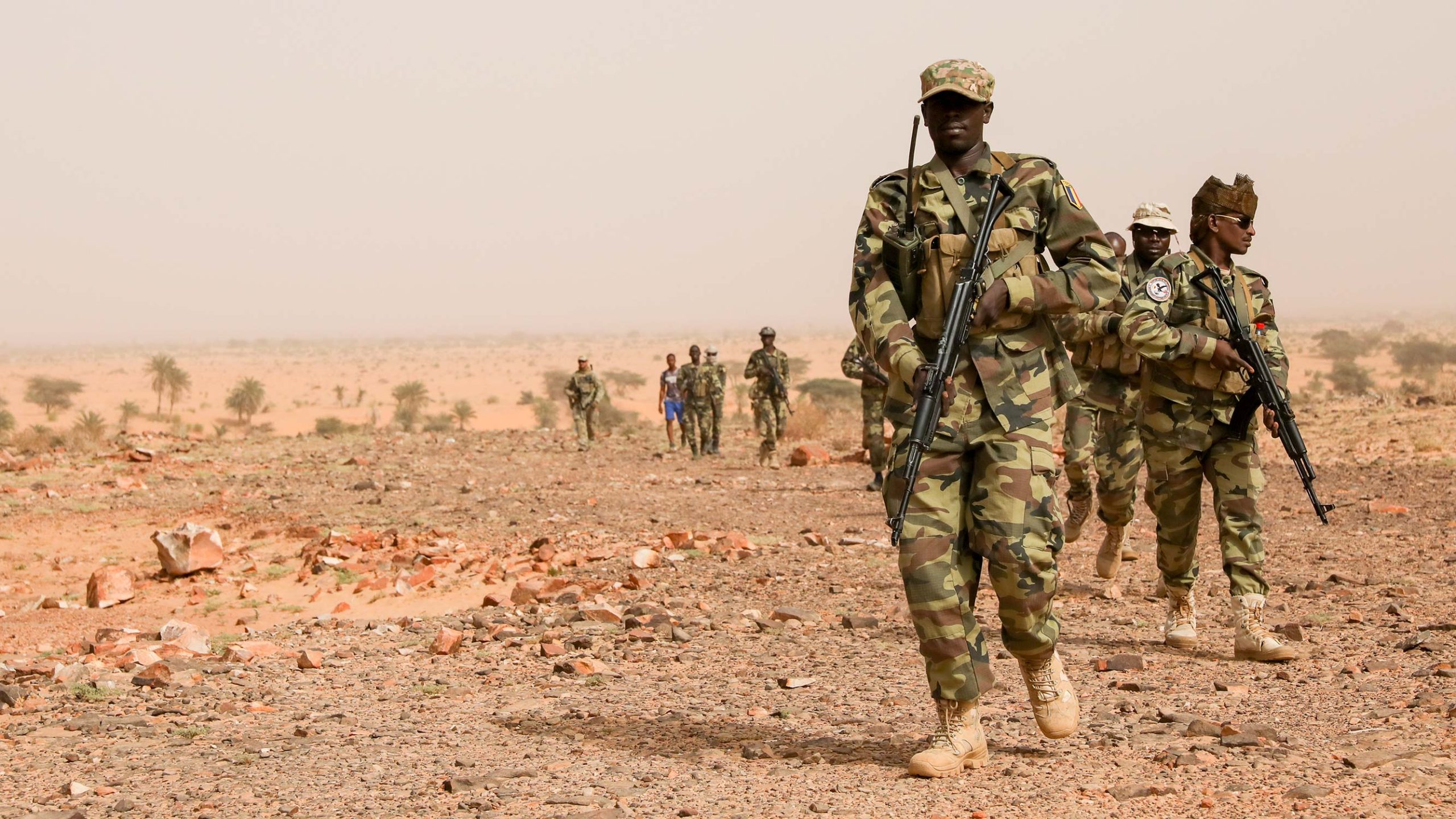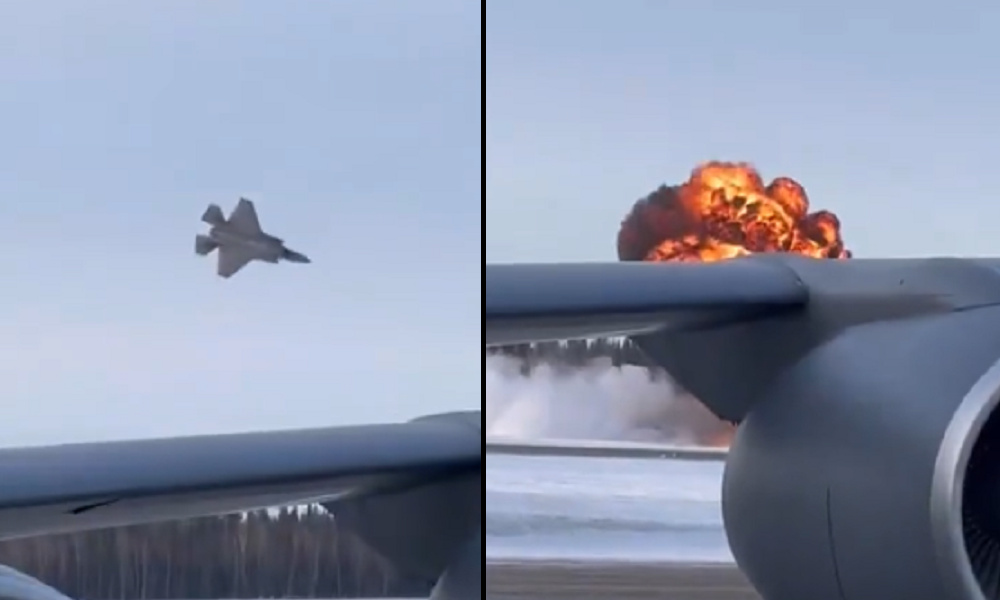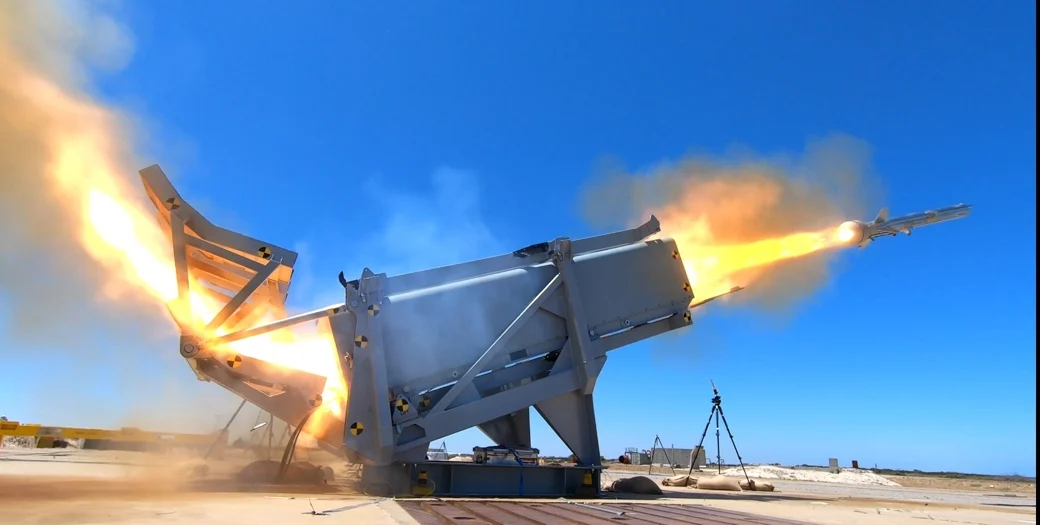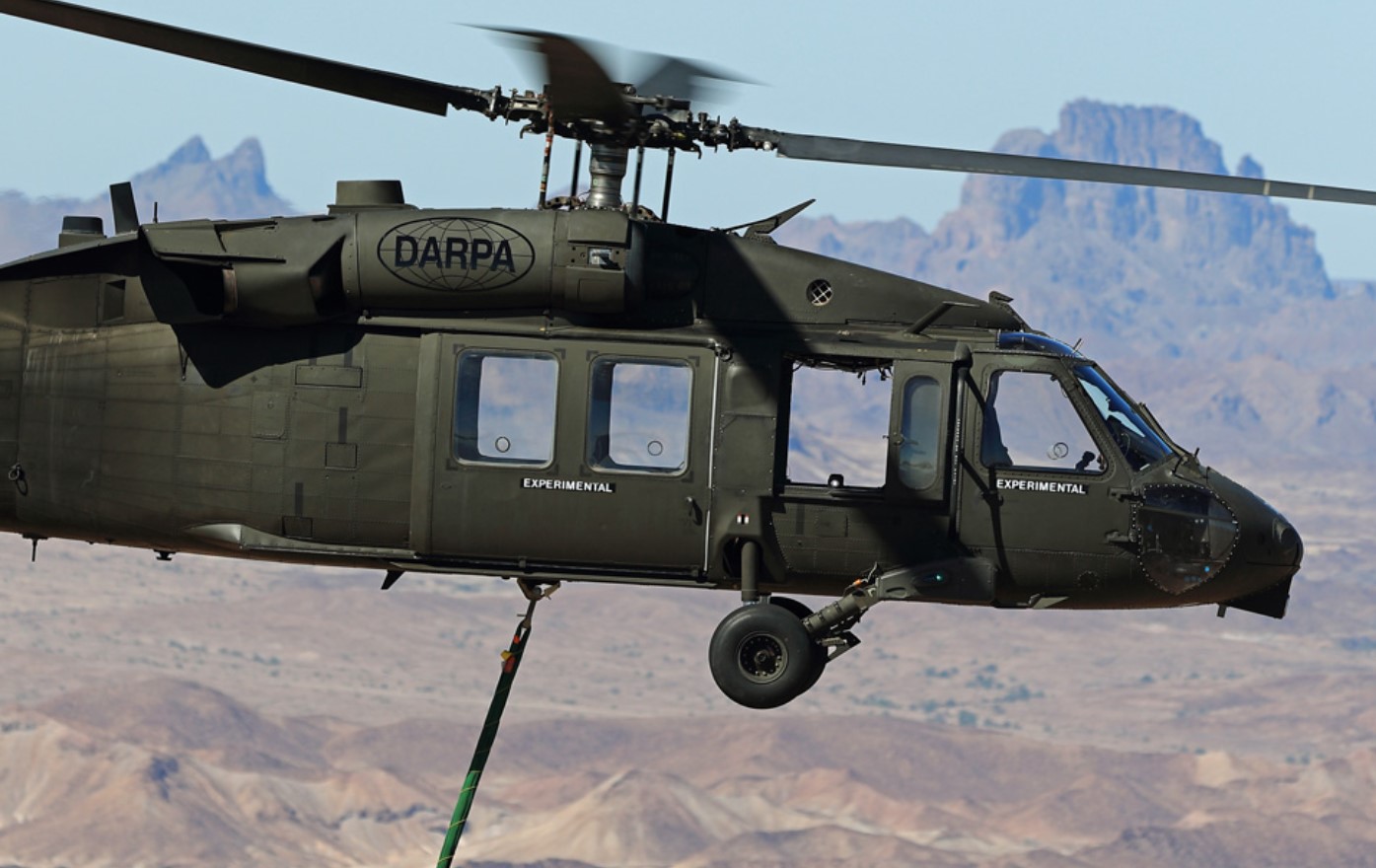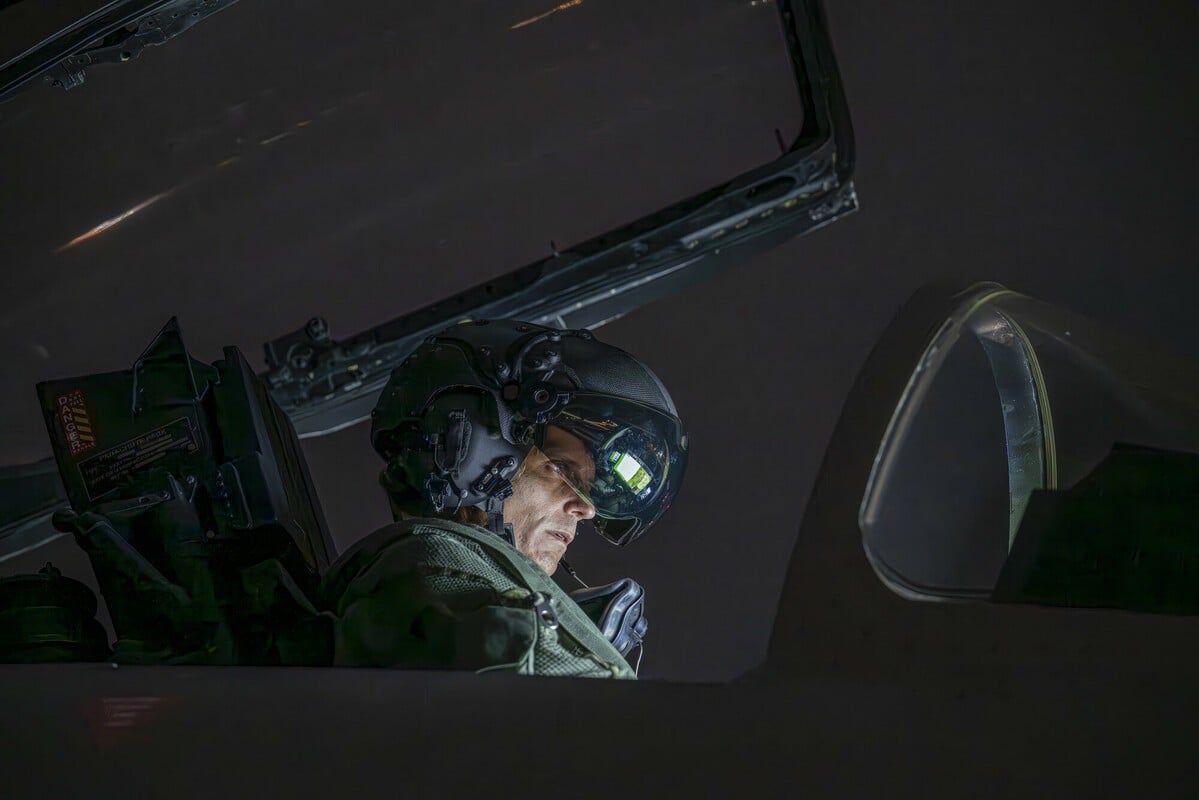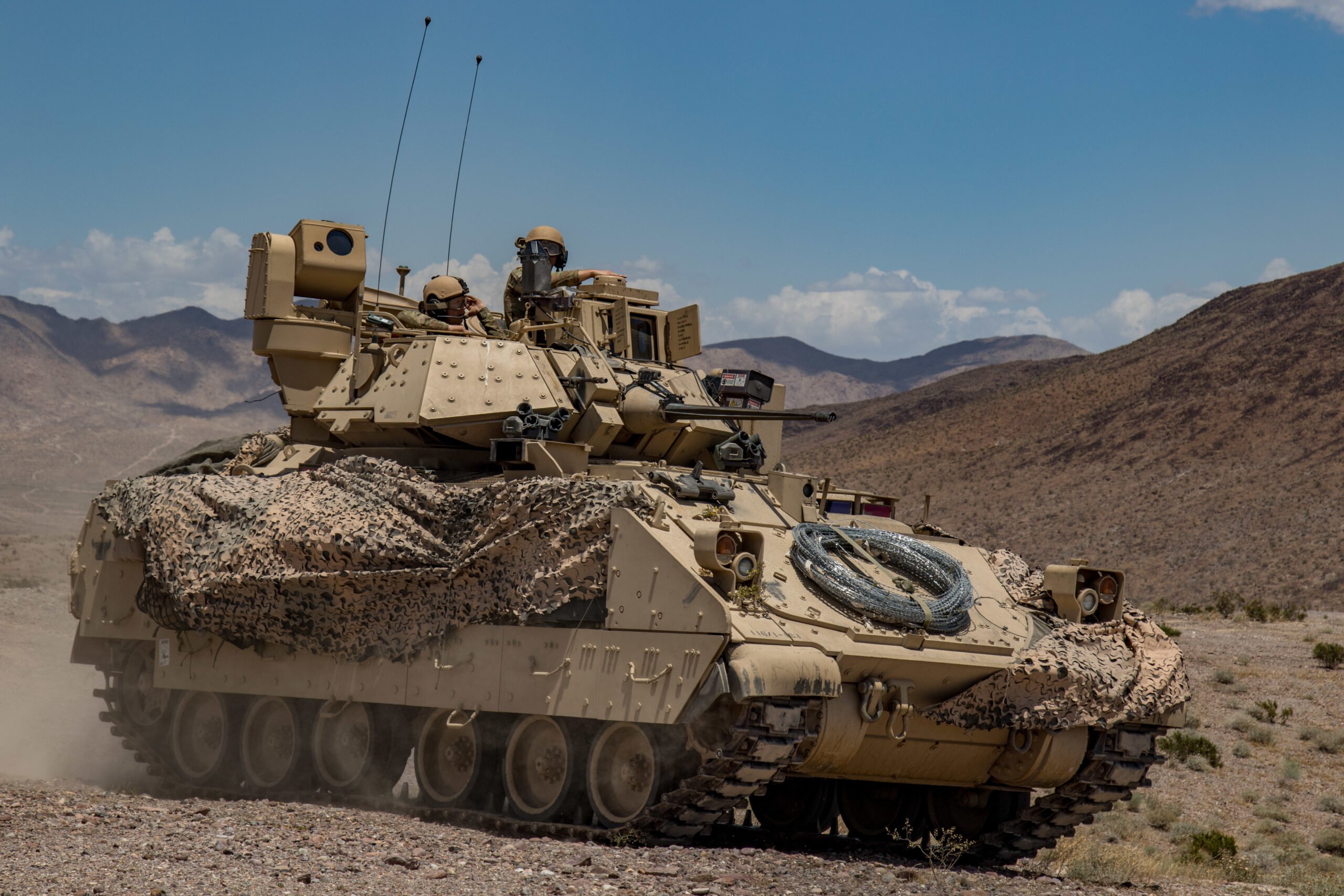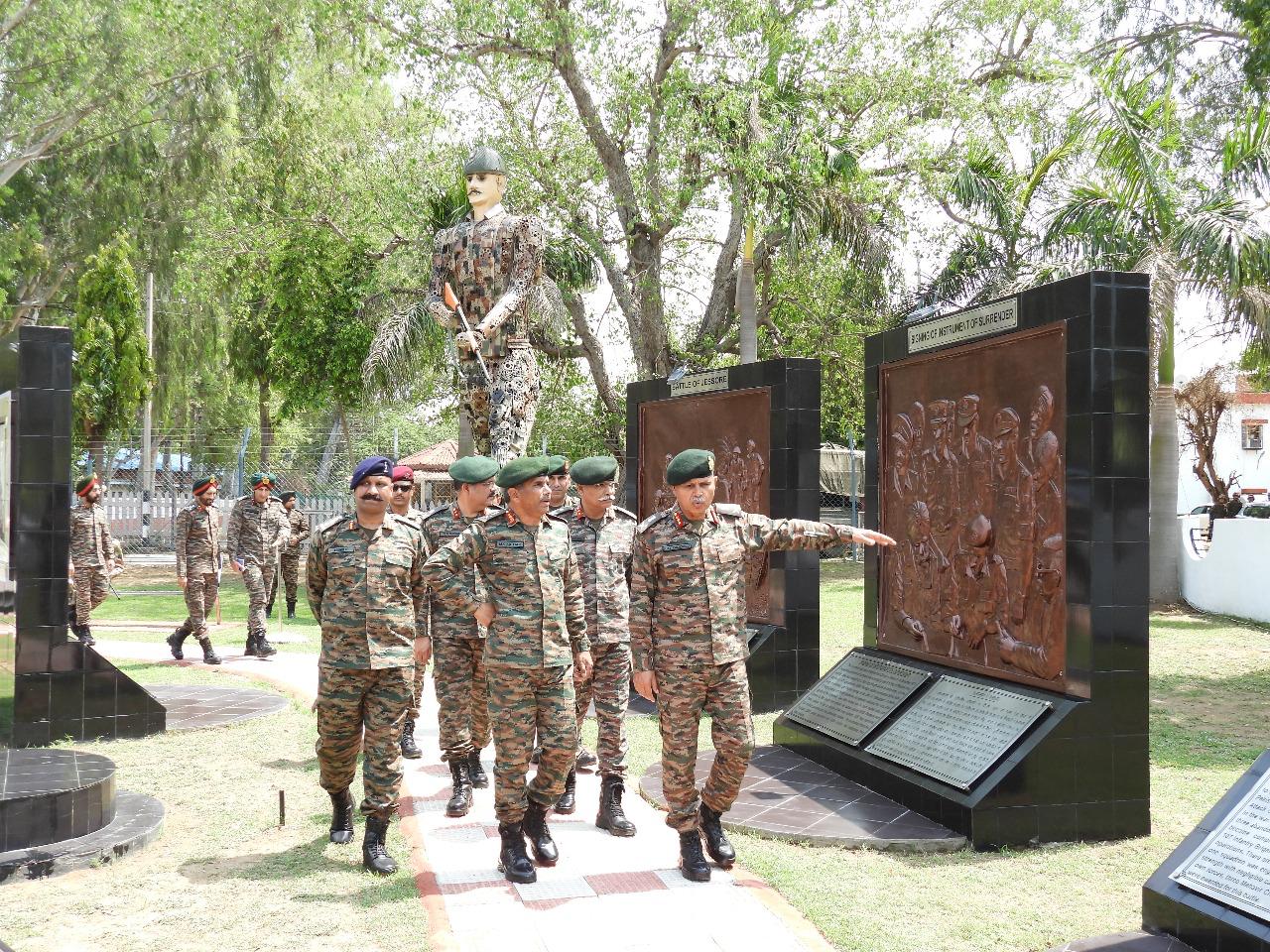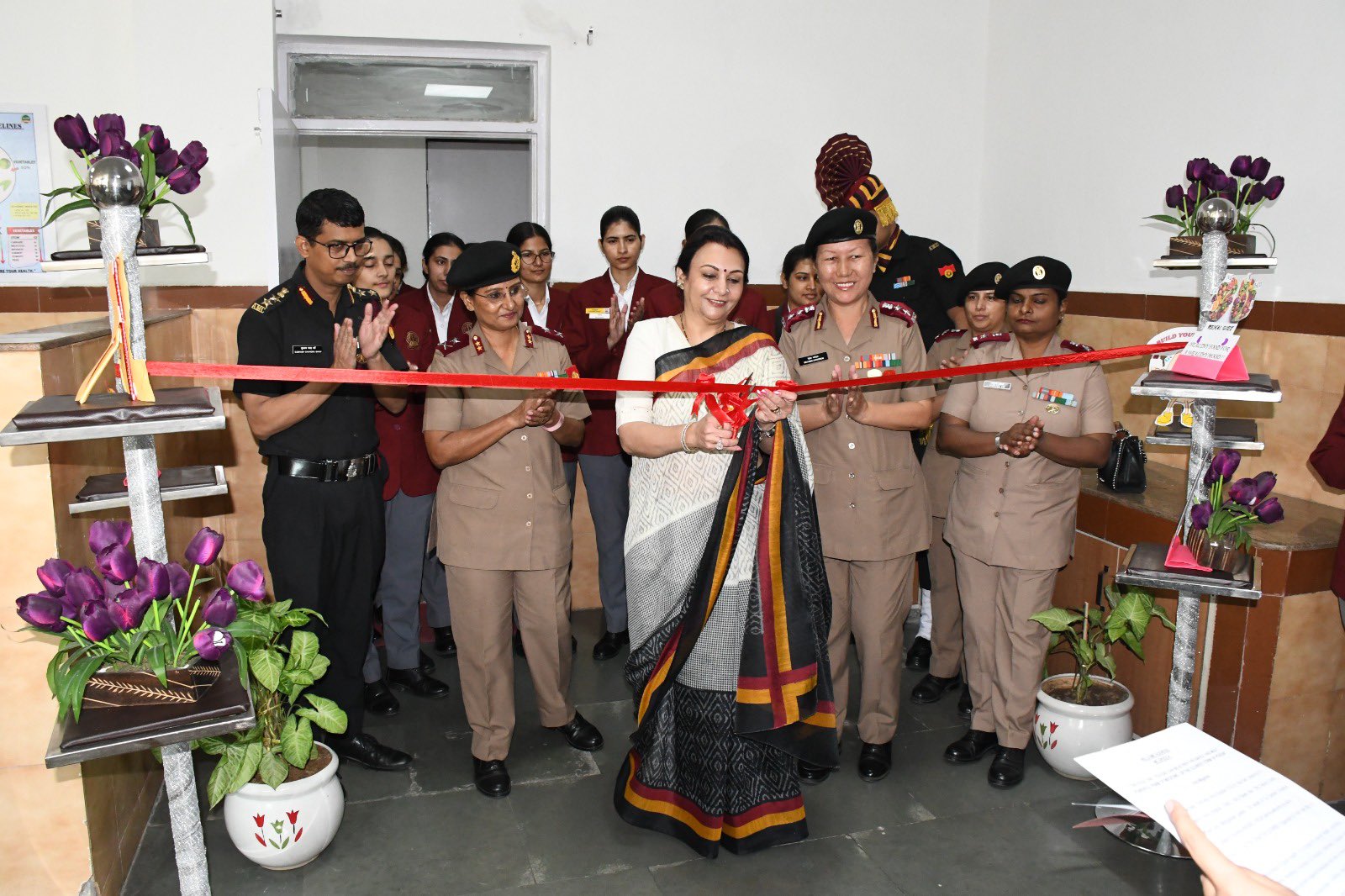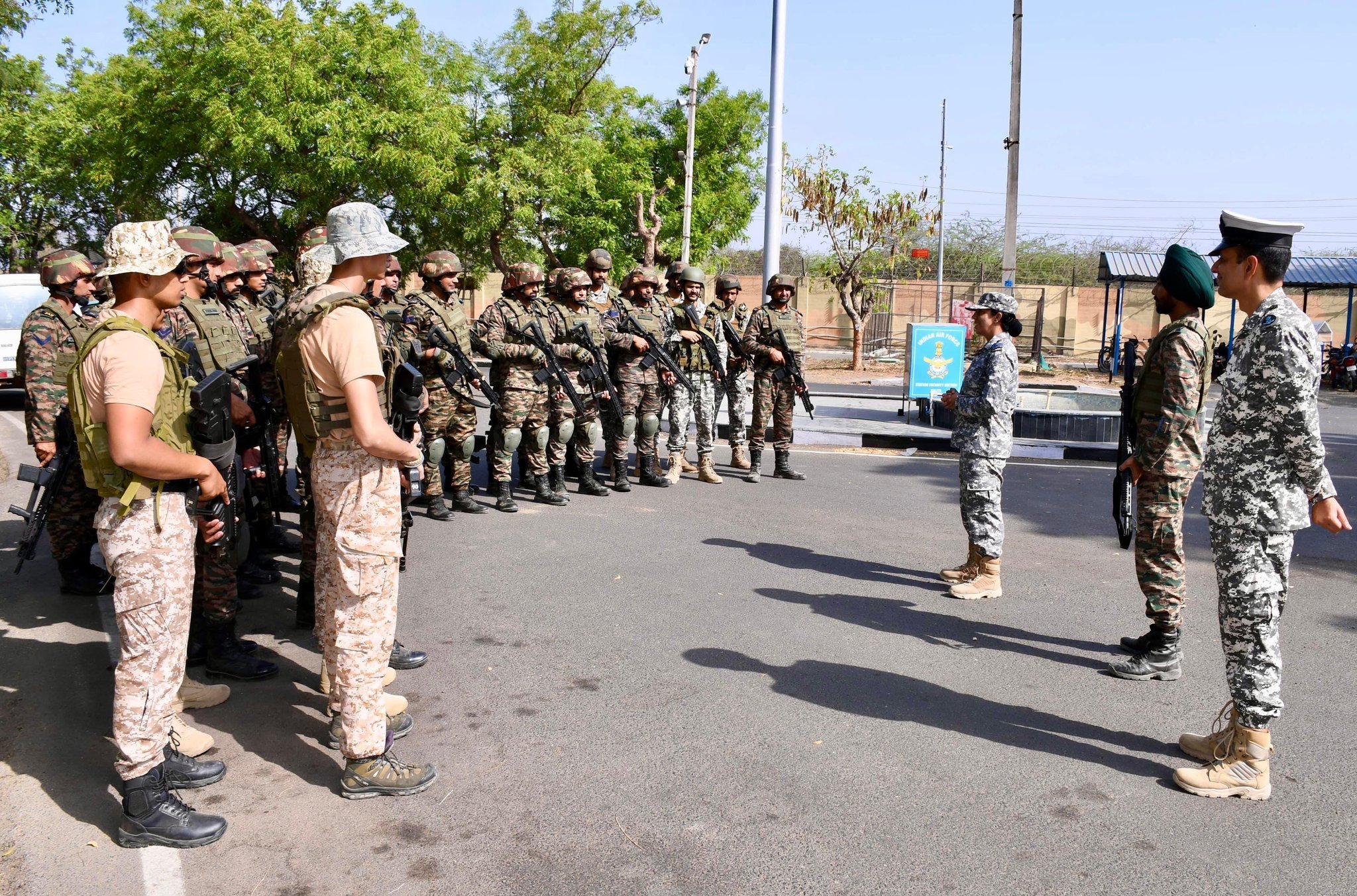Chad’s military has reported significant casualties among Boko Haram jihadists following a series of air strikes, according to President Mahamat Idriss Deby Itno. Speaking to reporters in military attire from the Lake Chad region, Deby stated that these operations resulted in “many dead and wounded” among the enemy ranks, although he did not provide specific casualty figures.
The military action comes in response to a deadly attack by Boko Haram on the Chadian army last month in the western region near the Nigerian border, which left approximately 40 people killed and dozens more injured. In response to this escalation, the Chadian government pledged to “obliterate” the jihadist group, launching a renewed military operation in late October aimed at dismantling Boko Haram’s ability to inflict harm.
Interim Prime Minister Abderahim Bireme Hamid elaborated on the objectives of the operation, emphasizing the dual goal of securing the local population and tracking down and eliminating Boko Haram and its affiliates. The Lake Chad region, characterized by vast waterways and swampy terrain, provides numerous hiding places for jihadist groups, including Boko Haram and its offshoot, the Islamic State in West Africa Province (ISWAP). These groups have frequently targeted both military and civilian entities, perpetuating a cycle of violence and instability in the region.
To bolster their efforts against Boko Haram, Chad, alongside Nigeria, Niger, and Cameroon, formed a multinational task force consisting of approximately 8,500 soldiers in 2015, aimed at addressing the rising threat of jihadist violence. Boko Haram has been waging an insurgency in Nigeria since 2009, with its brutal campaign resulting in over 40,000 deaths and extending its operations into neighboring countries.
The Chadian army has previously faced devastating losses in encounters with Boko Haram, most notably in March 2020, when the military experienced its deadliest single-day loss in the region, with around 100 troops killed during a raid on the Bohoma peninsula of Lake Chad. The ongoing military campaigns underscore the persistent threat posed by extremist groups in the region and the continuous efforts by Chad and its allies to combat their influence and protect civilians.

